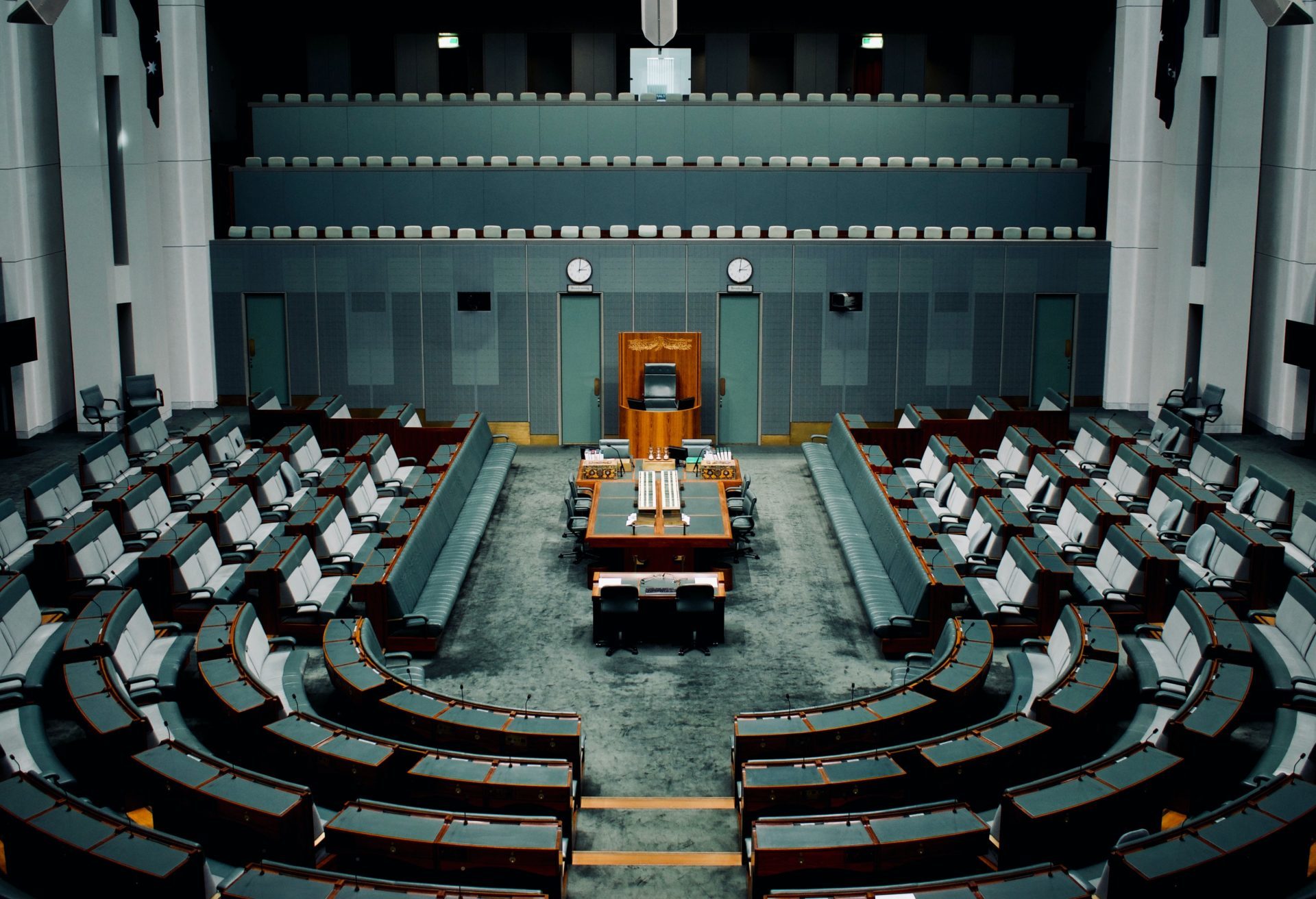
In the wake of the 2021 COP26 Environmental Conference in Scotland, BECG commissioned Savanta to research the attitudes of MPs and Councillors on the influence and impact effects of the conference.
The majority of councillors say that they are either less or still not confident that the UK will hit its Net Zero commitment
Net Zero as a campaign issue
While the UK has committed to target net zero emissions by 2050, there is a major difference in opinion between Conservative and Labour MPs on the topic. Just a third of Conservative MPs say that achieving Net Zero will be a campaign issue for them at the next election, compared to over 4 in 5 Labour MPs. Overall, 42% of all MPs said they either plan to campaign against the prioritisation of Net Zero in favour of other issues, or do not see it as an issue on which to campaign at all.
Councillors are significantly more likely than MPs to say that achieving Net Zero will be a key campaign issue at the next election. Seven in ten (70%) councillors say it will be a campaign issue for them, with this figure being led by Labour and Liberal Democrat councillors. Both Conservative and Independent councillors are more likely to be campaigning against the prioritisation of Net Zero.
It is clear that while achieving Net Zero globally is essential to avoiding an otherwise inevitable climate disaster, with a cost-of-living crisis in the UK weighing on people’s minds, there is no guarantee that legislators will prioritise environmental concerns.
*Net: Campaign issue includes the following statements: ‘Achieving Net Zero will be a key campaign issue for me at the next election’ and ‘Achieving Net Zero will be a campaign issue for me at the next election, but not a key one’.
The impact of COP26 on confidence
COP26 was meant to be a landmark moment in the fight against climate change, but following the conference, the majority of councillors say that they are either less or still not confident that the UK will hit its Net Zero commitment, while MPs are split 50/50. Those in government are notably more assured in their own agenda, with Conservative MPs significantly more likely to say they are more or still confident compared to their Labour counterparts.
Achieving net zero will require a diverse range of technologies, and when looking at particular types of renewable energy projects post-COP26, MPs are now more supportive of green hydrogen, hydro power and nuclear energy than they were before. However, for most energy project types, views are unchanged. Among councillors, half are more supportive of green hydrogen and tidal power as a result of COP26. Conservative councillors are now more supportive of nuclear energy, but less supportive of solar farms, onshore wind and interconnectors.
In 2020, the government outlined a Ten Point Plan for a Green Industrial Revolution, which involves the creation of 250,000 jobs and covers clean energy, transport, nature, and innovative technologies. The Plan is a key blueprint to allow the UK to hit its Net Zero commitment.
However, MPs see few elements of the Ten Point Plan as being on track, with all positive sentiment being driven by Conservatives. Advancing offshore wind is the only element of the Plan where more than 10% of Labour MPs think the Government is on track, compared to 50% of Conservative MPs. Councillors are more sceptical than MPs about the Government’s progress against 9 out of 10 elements of the Plan.
Despite the importance of Net Zero for current and future policy, there appear to be significant hurdles in the eyes of legislators which COP26 has not helped to overcome. Confidence in achieving Net Zero is low, as is confidence in the Green Industrial Revolution, which is intended to help the UK hit its Net Zero commitment. With the government currently occupied by internal party politics and economic crises, the sea change promised by COP26 may still be some way off.
Q. The Government has set out a Ten Point Plan to achieve a ‘Green Industrial Revolution’. To what extent, if at all, do you feel each element of the Plan is currently on track to be achieved?
*Net: On track includes respondents that rated each of the following statements as 4 or 5 on a scale from 1-5, where 1 = Not on track at all and 5 = fully on track.
For further reading, the full report can be accessed by clicking here.





